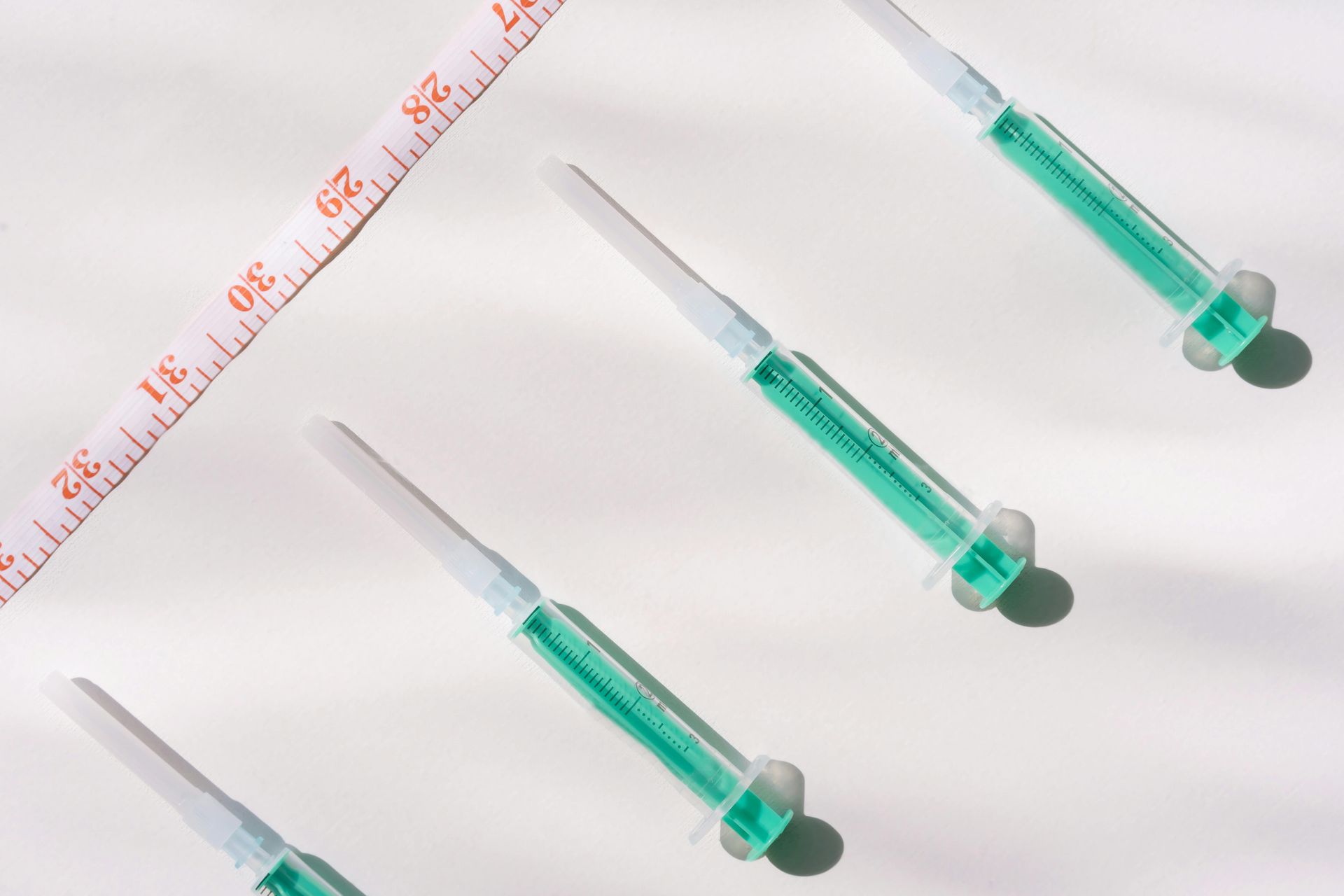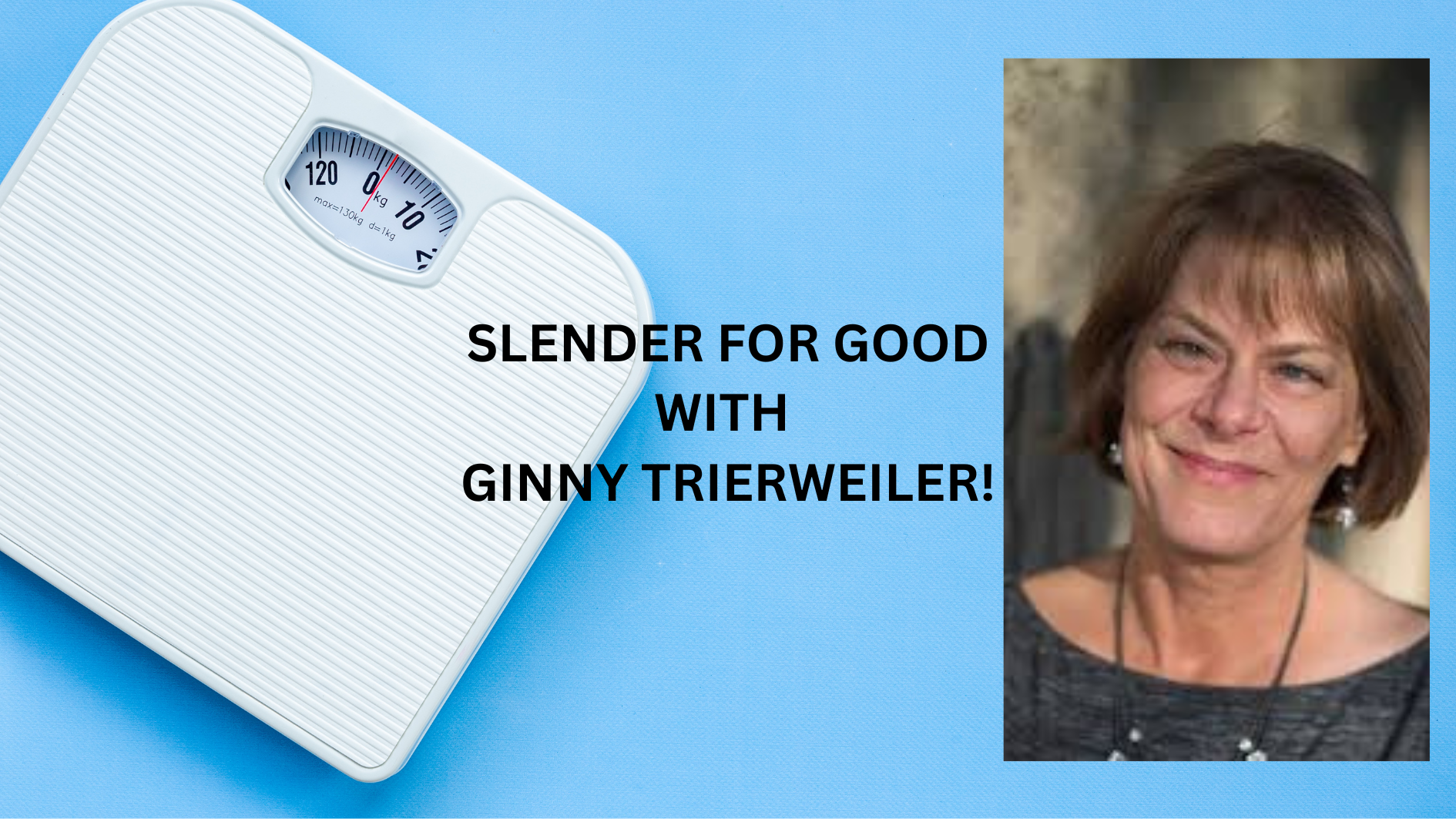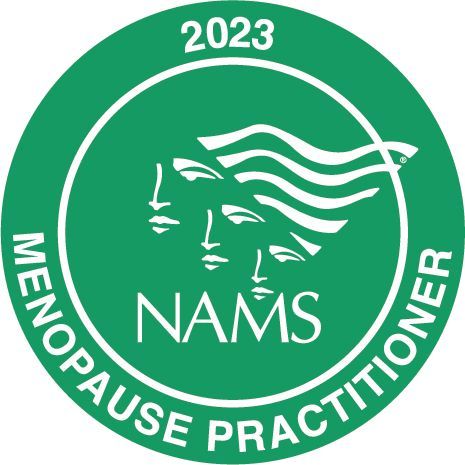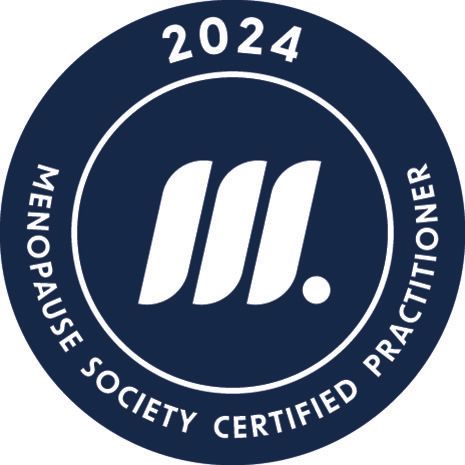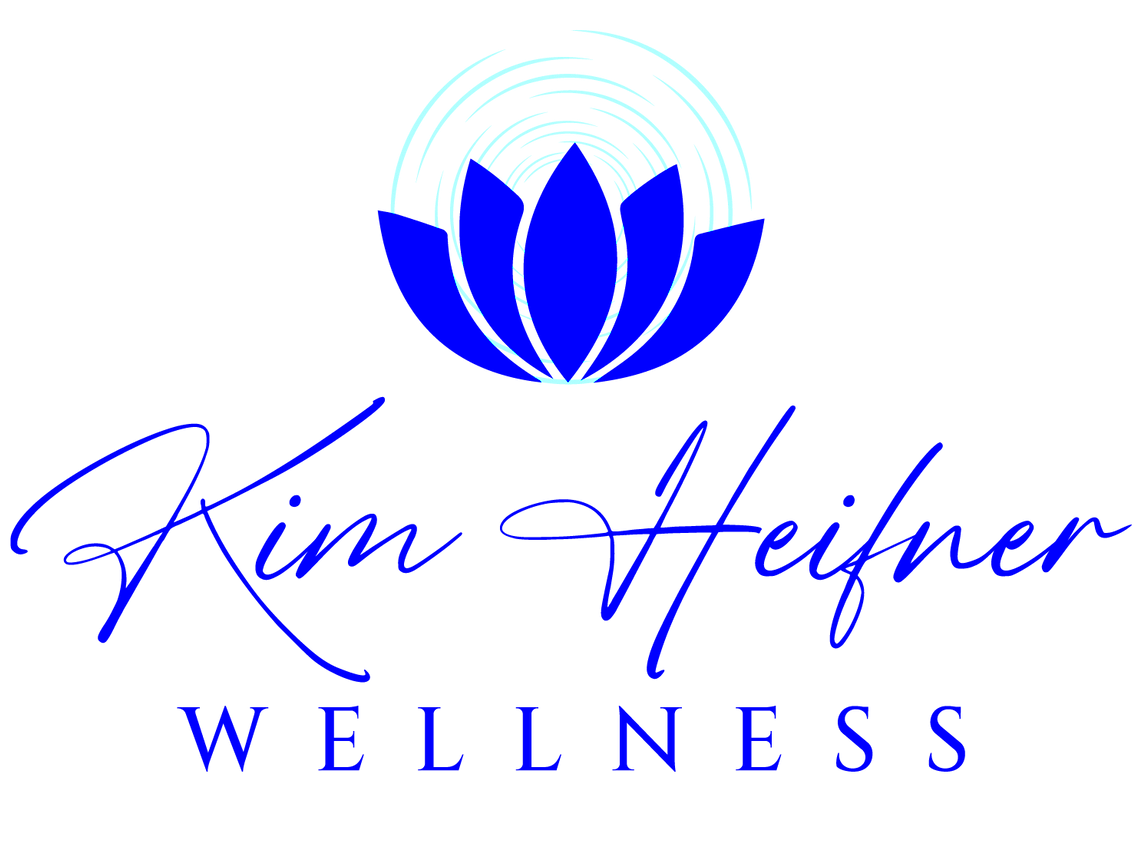
"Exploring the Latest Non-Hormonal Therapies for Menopausal Symptoms"

The North America Menopause Society (NAMS) unveiled its Non-Hormone Therapy Position Statement, shedding light on alternative options for managing menopausal symptoms without relying on hormone therapy (HT). While HT remains the gold standard for alleviating common menopausal discomforts such as hot flashes, night sweats (vasomotor symptoms, VMS), vaginal dryness, and preventing bone loss, it's not suitable for everyone. Women with a history of blood clots, liver disease, hormone-dependent cancers (like breast or ovarian cancer), or those at an increased risk of cardiovascular disease, may need to avoid HT. Moreover, many women are exploring alternative therapies, seeking non-hormonal or more natural approaches to their menopausal journey.
The key to navigating menopause treatment is personalization; there's no universal solution. It's crucial to partner with a healthcare provider who is well-versed in both the potential risks and benefits of HT and the array of alternative therapies available. Together, you can craft a treatment plan that not only aligns with your health objectives regarding menopause but also respects your body's unique needs. If you're searching for a menopause specialist, I'm here to assist! Now, let's dive into the realm of nonhormonal therapy options, exploring how they can offer relief and support during menopause for those seeking alternatives to hormone therapy.
Prescription Therapies
Selective Serotonin Reuptake Inhibitors (SSRIs), and Selective Serotonin-Norepinephrine Reuptake Inhibitors (SNRIs)
These are two common types of antidepressants that can be used to reduce the number and severity of VSM. Serotonin is involved with mood, sleep, anxiety, sexual behavior, and is thought to play a major role in thermoregulation. It is thought that declining estrogen levels results in lower serotonin levels contributing to hot flashes. Both SSRIs and SNRIs have demonstrated mild to moderate improvements in VSM, regardless whether menopause occurred naturally or surgically.
Fezolinetant (Veozah)
Fezolinetant, a novel non-hormonal therapy that targets the root cause of hot flashes and night sweats by blocking specific pathways in the brain. It was recently FDA-approved, and has been shown to improve severity of vasomotor and quality of life in menopausal women.
Gabapentin
Gabapentin is an anticonvulsant drug that is commonly used for diabetic neuropathy, but has shown efficacy in reducing severity and frequency of hot flashes and night sweats. It is thought that Gabapentin works on the hypothalamus, the brain’s temperature control center.
Oxybutynin
Oxybutynin is FDA approved for the treatment of overactive bladder and urgency incontinence. It was found to be very effective for reducing hot flashes by interfering with neurotransmitter activity in the brain and peripheral nervous system. Long-term use has been associated with cognitive decline in older people.
Stellate Ganglion Block
Stellate Ganglion Block is an injection typically used in pain management, but has been used with caution to improve moderate to severe hot flashes. It is a localized injection into the stellate ganglion sympathetic nerves (cluster of nerves in the neck) that were found to play a part in the thermoregulatory regions of the brain providing relief from hot flashes. Rare, adverse events have occurred with the procedure, including seizures or a bleeding complication, but have been minimized with the use of imaging guidance during the procedure.
Non-Prescription Therapies
Cognitive-Behavioral Therapy, And Clinical Hypnosis
Cognitive-Behavioral Therapy (CBT) is one of two mind-body techniques that has proven effective for relief of hot flashes, as well as, improving mood, quality of life, and overall functioning. CBT promotes an internal belief that one has some control and ability to cope with VSM. Clinical hypnosis is the second proven mind-body technique that involves a deeply relaxed state, individualized mental imagery and suggestion that was proven effective for relieving VMS symptoms. Both of these techniques aim to reduce one’s stress, anxiety, pain perception, and promote a more relaxed state.
Weight Loss
Evidence has shown that those who are obese report more frequent and severe hot flashes compared to those with normal weight. The studies reported that reducing hot flashes was a major motivator for weight loss, and the weight loss had a greater effect on VSM reduction for those at a younger age, and earlier in the menopause transition than older, and later in the transition.
Herbals and Supplements
Plant-derived estrogens (Phytoestrogens): Compounds found in certain foods and supplements that have estrogen-like effects, but current evidence isn't strong enough to recommend them. Many women have found them beneficial though and they are still being studied for their potential role in managing menopausal symptoms.
Herbal Treatments: Various herbal remedies are being explored for their potential benefits in managing menopausal symptoms, although more research is needed to establish their efficacy and safety.
Addressing vasomotor symptoms (VMS) with dietary supplements presents a complex and demanding task due to the scarcity of robust, randomized, clinical trial data to assess their effectiveness and the absence of government regulation to guarantee their purity and safety. Despite these limitations, over-the-counter products are extensively promoted directly to consumers and are allowed to make specific claims about alleviating symptoms, even in the absence of substantial evidence, as long as they do not claim to provide disease benefits. Again, it doesn't mean these can't work for you, its just the collective evidence isn't strong enough to recommend them as a treatment for menopausal symptoms. If you choose herbal therapies and supplements, always make sure you are choosing high-quality supplements.
Genitourinary Syndrome of Menopause
Now, I do want to mention when it comes to managing the genitourinary syndrome of menopause (GSM), which encompasses a range of menopausal symptoms related to vaginal, sexual, and urinary health, it's important to explore safe and effective treatment options, which can include local hormonal therapy. Vaginal estrogen has been widely recognized for its efficacy in addressing GSM symptoms, including vaginal dryness, irritation, sexual dysfunction, and urinary issues. Research has shown that low-dose vaginal estrogen is not only effective but also safe for most women, with minimal absorption into the bloodstream.
In addition to vaginal estrogen, another potential option is dehydroepiandrosterone (DHEA), a hormone that can be converted into estrogen and testosterone in the body. Some studies have suggested that DHEA may help improve vaginal dryness and sexual function in postmenopausal women.
It's important to note that both hormonal and non-hormonal treatments are available for managing GSM. Non-hormonal options include over-the-counter vaginal moisturizers and lubricants, which can provide relief from vaginal dryness and discomfort. Additionally, there are prescription medications, such as ospemifene, which can help alleviate painful intercourse due to GSM. When considering treatment for GSM, it's crucial to prioritize safety and efficacy. Vaginal estrogen, in particular, has been extensively studied and is considered a safe and reliable option for many women experiencing GSM symptoms. According to the Menopause Society, "low-dose vaginal estrogen or DHEA can still be options for women with a history of breast or uterine cancer after careful consideration of risks and benefits in collaboration with their primary care professionals and their oncologists."
It's essential to carefully consider your personal preferences for managing menopausal symptoms and have an open discussion with your healthcare provider. Understanding the risks and benefits of various therapies in the context of your medical history is crucial. By engaging in shared decision-making with your provider, you can collaboratively determine a treatment plan that aligns with your individual needs. Consulting with a healthcare provider is always the best approach to identify the most suitable treatment based on your unique health history and specific symptoms! I am always happy to help you!
In health,
Kim Heifner, FNP, MSCP✨👩⚕️


